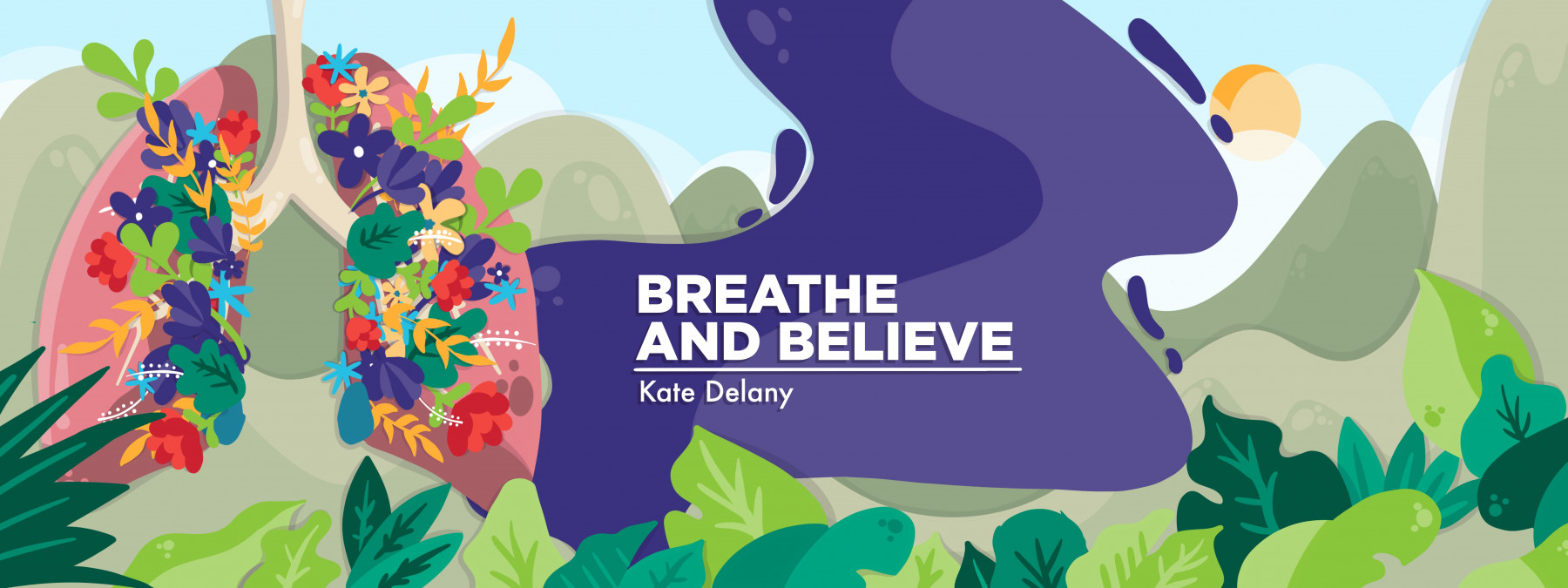How to Ask for and Offer Help

A childhood friend whose husband is undergoing treatment for terminal cancer recently posted something on social media that struck me as smart. She thanked people for their concern, but then noted which kinds of offers of help were helpful, and which weren’t. I’ve both received and extended offers of help in the past, but I’ve never been quite that candid.
My friend’s advice made me realize how much relationships could be improved, and how offers of help could be more meaningful if we could put more thought into how we help others and how we ask for help. After all, we are all likely to find ourselves on both sides of this issue, so we might as well work to get it right.
Advice to the would-be helpful
My younger sister has cystic fibrosis and has been in the hospital many times. I never doubted the sincerity of people who have offered to help us over the years, telling us they are there to help, they are happy to help, and we should just let them know how they can help. But I imagine these people were mostly left without a response. Stressful times alter our brain chemistry. Cortisol, the stress hormone, can prompt brain fog, and feeling overwhelmed can make it difficult to be able to articulate exactly what kind of help is needed.
It may be cliché to bring a casserole to someone dealing with tragedy or illness, but being proactive and doing something without being told what to do is a gift in and of itself. Yes, food can be comforting, but it is also necessary. Whoever we’re trying to help, it’s a safe bet that they’re going to need to eat a meal.
When my sister was in respiratory failure, many people asked me how they could be helpful. After days of making my kids several frozen pizza dinners, it occurred to me that I should have asked people to bring meals for them. If I am offering to bring someone food, however, I’ll check first about allergies or food preferences. I say this as someone who comes from a very picky family.
When we are thinking about helping someone, it’s useful to think about what their lives are like. Do they have pets that could be tended to? Kids that need to be watched? Yardwork that could be done? Laundry or other household chores?
Sometimes, what counts the most is not what is being offered, but how the offer is made. We can just state our intention to do something (walk the dog, rake the leaves, buy them coffee), and let them know they can decline if it’s not the right thing or the right time.
Some people are squeamish about accepting help — I’m one of them. That’s why I’ve always been especially grateful for the family friend who has picked up my kids from school and watched them while I’ve been at the hospital with my sister. I’ve been grateful for the help, and for the gentle, but assertive way she framed the offer: “I’m going to watch the kids, so you can take as much time as you need. How about that?”
Knowing how to do for others is a skill that takes some mastery. We have to imagine ourselves on the receiving end. We have to think about what life is like for that person at that moment, what headspace they are in. If we make that effort, the assistance is sure to be sincerely appreciated.
We can’t get what we don’t ask for
While it’s better if an offer of help doesn’t put the onus on the person in need, it’s still worth it to try to say what would be most helpful. It can be a very vulnerable feeling, asking for a particular favor. But if we don’t try to voice what we need, we’re not likely to have our needs met. Helpers shouldn’t have to be mind-readers.
And if we need help, we shouldn’t tailor our request so narrowly that we set ourselves up for disappointment. Helpers are not employees that we can train. They are people with a lifetime of experiences that shapes what they know to do or don’t know to do.
Thoughtfulness is its own gift. If the help is imperfect or doesn’t quite do the job, it might feel easier to do it ourselves. But doing that risks missing the biggest gift of all — just knowing that someone cares.
***
Note: Cystic Fibrosis News Today is strictly a news and information website about the disease. It does not provide medical advice, diagnosis, or treatment. This content is not intended to be a substitute for professional medical advice, diagnosis, or treatment. Always seek the advice of your physician or other qualified health provider with any questions you may have regarding a medical condition. Never disregard professional medical advice or delay in seeking it because of something you have read on this website. The opinions expressed in this column are not those of Cystic Fibrosis News Today, or its parent company, Bionews, and are intended to spark discussion about issues pertaining to cystic fibrosis.









Paul & Debbie
Well said and very well written!
Asking for help is a gift. It enables our loved ones to help us in the way that is most needed if we ask it in a clear way.
The one who helps, should ideally not identify with a role of helper, and the one who is helped needs not identify as a help-needer. Ideally, helping is a natural and neutral process. It is like the one hand caressing the other hand when you have a sour spot. Helper and helped are fused in the act of Helping. It is ultimately beneficial for all involved. This is real unselfish helping.